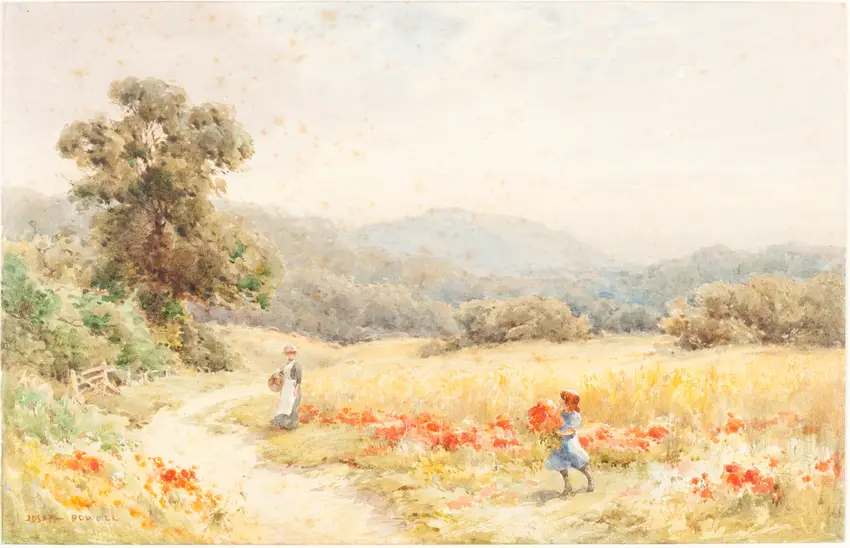-

Winter
A blanket of snow muffles the English countryside. Bare trees stand like sentinels against the pale sky, their branches etched with frost. The air hangs still, heavy with cold. Footprints fade into the distance—someone passed here, but now the land holds its breath, waiting for winter’s next move.
-

Spring
New life bursts through the canvas—tender greens, blossoms unfurling. The air hums with warmth, earth softening underfoot. A season waking, restless and bright.
-

Autumn
Leaves blaze in fiery reds and golds, their crisp edges curling against a cool breeze. The forest floor hums with the quiet decay of fallen branches, rich earth peeking through the carpet of color. A fleeting warmth lingers in the air, caught between summer’s end and winter’s approach.
-

Summer
A vibrant celebration of summer’s lush beauty, where light dances across textures and hidden details whisper of fleeting moments.